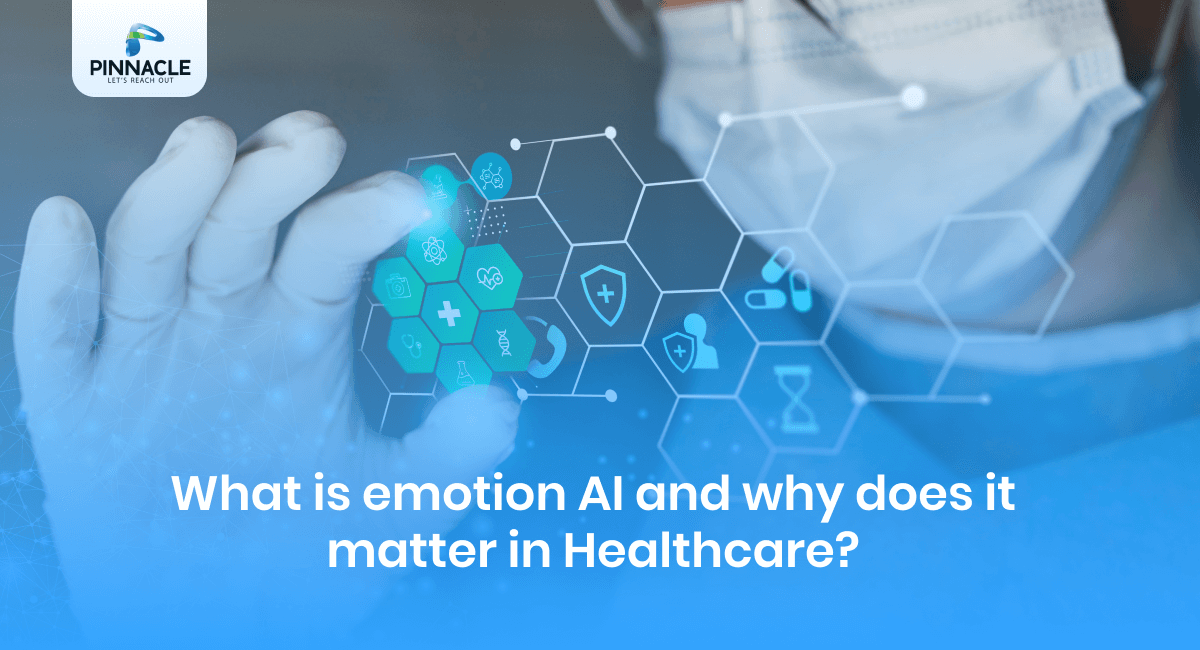2021 has been a historic year, particularly in the wake of the COVID-19 epidemic. It also helped us appreciate the significance of using the potential of technology to tackle this catastrophe of unparalleled scope and consequence. Virtual health care has physically and symbolically been a lifeline amid this worldwide crisis. Now, the world is poised to leverage on the expertise gathered in digital healthcare during this period and advance it to a greater degree of usability and access. Emotion AI is one of the promising technologies that may accelerate the quality of virtual patient interactions and diagnostics a notch higher.
When teamed with live stream, it can fill the information asymmetries between patients and their health-care professionals by carefully analysing subtle non-verbal visual expressions, that cannot be detected sometimes in regular old video consultations, giving healthcare professionals much more details, and enhancing the entire perception more constructive, contextual and involving for the patient.
Emotion AI can recognize and evaluate emotional responses, such as rage, contempt, fear, astonishment, pleasure, sorrow and indifference, by measuring micro-expressions that are too rapid and nuanced for a human eye to record. It consequently helps you look at the affective and cognitive sides of communication, giving you with practical information to make wiser judgments.
This strong technology offers a lot of potential in the healthcare & health tech industry, especially in terms of supplementing the treatment and diagnosis of certain disorders. Notably, the healthcare business has been at the frontline of integrating new-age technology from time to time.
Let’s look at some fascinating ways wherein the Emotion AI may be harnessed in the healthcare sector:
On a concluding note, emotion AI linked with live video may enable medical workers better perceive and promptly react to a patient’s pain, worry, and other emotions boosting the patient care result.
It’ll be intriguing to monitor how software companies and healthcare practitioners can leverage this technology to tackle the most challenging issues and cure severe diseases while boosting the patient care experience.

